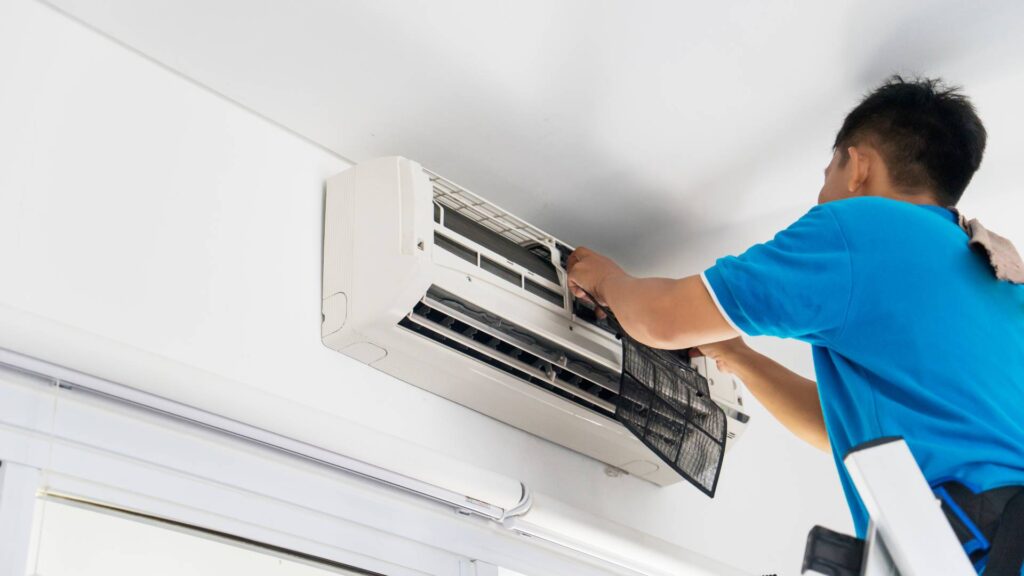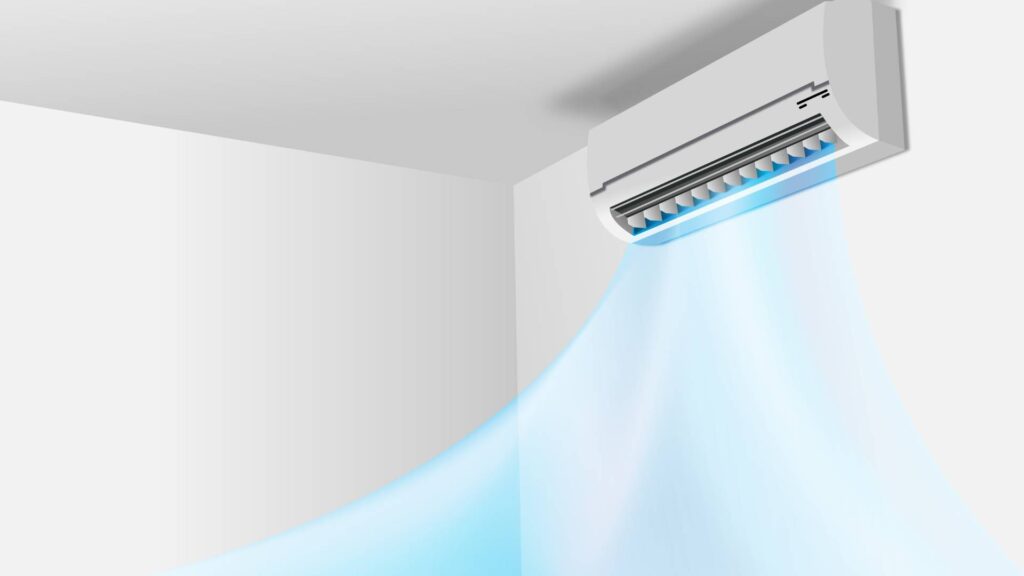As temperatures fluctuate, our homes become sanctuaries not just for us but for unwelcome guests like mice seeking comfort. Air conditioners, in particular, offer the perfect hideout for these tiny intruders, leading to potential damage and health risks.
In this article, we delve into effective strategies to mouse-proof your air conditioner, ensuring your home remains a safe and rodent-free zone. From understanding the risks to implementing preventive measures, we’ll guide you through the essential steps to protect your AC unit from mouse infestations.
Whether you’re dealing with an existing problem or looking to prevent future issues, these tips will help you maintain a healthy, efficient, and mouse-proof cooling system.
Understanding the Risk
Rodents find air conditioners attractive for their shelter and warmth, turning these units into hotspots for infestations. Here’s why understanding this risk is crucial:
- Attractiveness to Rodents: Air conditioners offer ideal conditions for rodents seeking shelter and nesting sites.
- Common Entry Points: Mice can enter through small gaps in exterior walls, spaces around pipes, and unnoticed openings.
- Consequences of Infestation:
- Damage to AC Units: Rodents chew through wiring and components, leading to costly repairs and potential fire hazards.
- Health Risks: Additionally, addressing concerns like how to get rid of mouse urine smell on wood is crucial for eliminating odors and potential health risks associated with rodent infestations.
- System Efficiency: Nesting materials can clog systems, impairing efficiency and leading to poor air performance.
Recognizing these risks is essential for taking proactive steps to mouse-proof your AC unit, safeguarding your home, health, and the efficiency of your air conditioning system.
How to Mouse Proof an Air Conditioner

Mouse-proofing your air conditioner is a key aspect of rodent control, protecting not only your equipment but also ensuring the health and safety of your home environment. Here’s how to fortify your AC unit against these persistent intruders:
Sealing Entry Points
- Identifying Potential Entry Points: Start with a thorough inspection around your AC unit, both inside and out. Look for any cracks, holes, or openings that could serve as an entry point for mice.
- Recommended Materials for Sealing Gaps: Use metal mesh, steel wool, or caulking to seal off these vulnerabilities. These materials are durable and resistant to gnawing, effectively keeping rodents out.
Using Rodent Repellents
- Natural Repellents: Natural options like peppermint oil, clove oil, or even mothballs can deter mice. Apply these around your AC unit to create an unwelcoming environment for rodents.
- Commercial Rodent Deterrents: For a more robust solution, consider ultrasonic devices that emit sounds to repel rodents, or chemical repellents specifically designed to keep mice away. Ensure these products are safe for use around pets and children.
Reclaim Your Home: Contact Us to Eliminate Rodents Today!
Protecting AC Wires
- Rodent-resistant Materials for Wiring: Invest in rodent-proof conduit or wraps for your AC wires. These materials can prevent mice from chewing through the cables.
- Tips for Securing and Covering Wires: Securely fasten wires and cover them with protective materials. Regular checks for any signs of tampering can also help in early detection and prevention of damage.
Regular Maintenance and Inspection
Maintaining your AC unit is crucial in preventing rodent infestations and ensuring its longevity.
Scheduling Professional Inspections
- The Importance of Professional AC Maintenance: An expert can identify potential risks and vulnerabilities that might not be obvious to the untrained eye. Regular professional inspections can help in detecting and addressing any issues early on.
- What to Expect During an Inspection: A professional will check for signs of wear and tear, inspect the structural integrity of the unit, and recommend measures to prevent rodent entry.
DIY Inspection Tips
- How to Conduct a Basic AC Unit Inspection: Learn the basics of your AC unit’s structure so you can regularly inspect it for any signs of intrusion or damage.
- Signs of Rodent Activity to Look Out For: Droppings, gnaw marks, or unusual noises from the unit can all be indicators of rodent presence. Keeping an eye out for these signs can help you act swiftly to mitigate any issues.
By following these steps to mouse-proof your air conditioner, you can protect your investment and enjoy a comfortable, rodent-free home. Regular vigilance and prompt action are key to keeping your AC unit and home safe from the cunning intrusions of mice.
Don’t Let Rodents Rule – Reach Out for Immediate Removal!
Ensuring a Rodent-Free Air Conditioner

To keep your air conditioner rodent-free, remember the core steps: seal entry points, use rodent repellents, and protect wires with rodent-resistant materials. Regular maintenance and vigilant inspections are key to preventing infestations.
Don’t wait for signs of rodents; proactive mouse-proofing can save you time, money, and stress. Start early to keep your AC unit efficient and your home safe from unwanted guests. A little effort now ensures a trouble-free, comfortable home environment.
Frequently Asked Questions About How to Mouse Proof an Air Conditioner
How do I keep mice out of my AC vents?
Seal entry points and use rodent deterrents like peppermint oil to keep mice out of AC vents. Ensuring cleanliness around vents also helps deter them.
How do I stop mice from chewing my AC wire?
Protect wires with rodent-resistant materials and apply natural repellents like peppermint oil. Regularly inspect and seal any potential entry points.
Say Goodbye to Unwanted Rodents – Let Us Clear Them Out!
Can mice live in air conditioners?
Yes, mice can live in air conditioners, seeking warmth and shelter. Prevent this by maintaining your unit, sealing openings, and conducting regular inspections.

